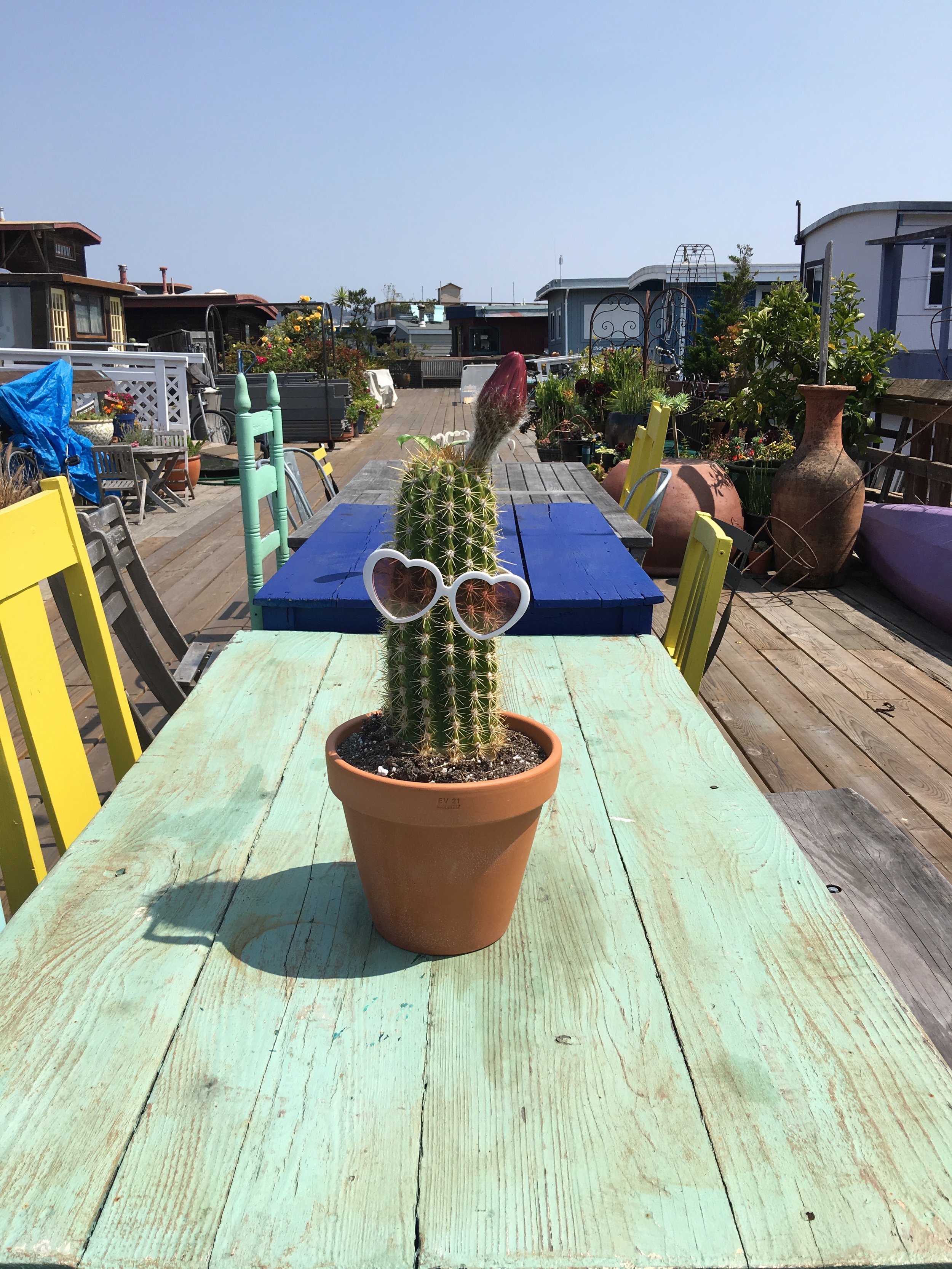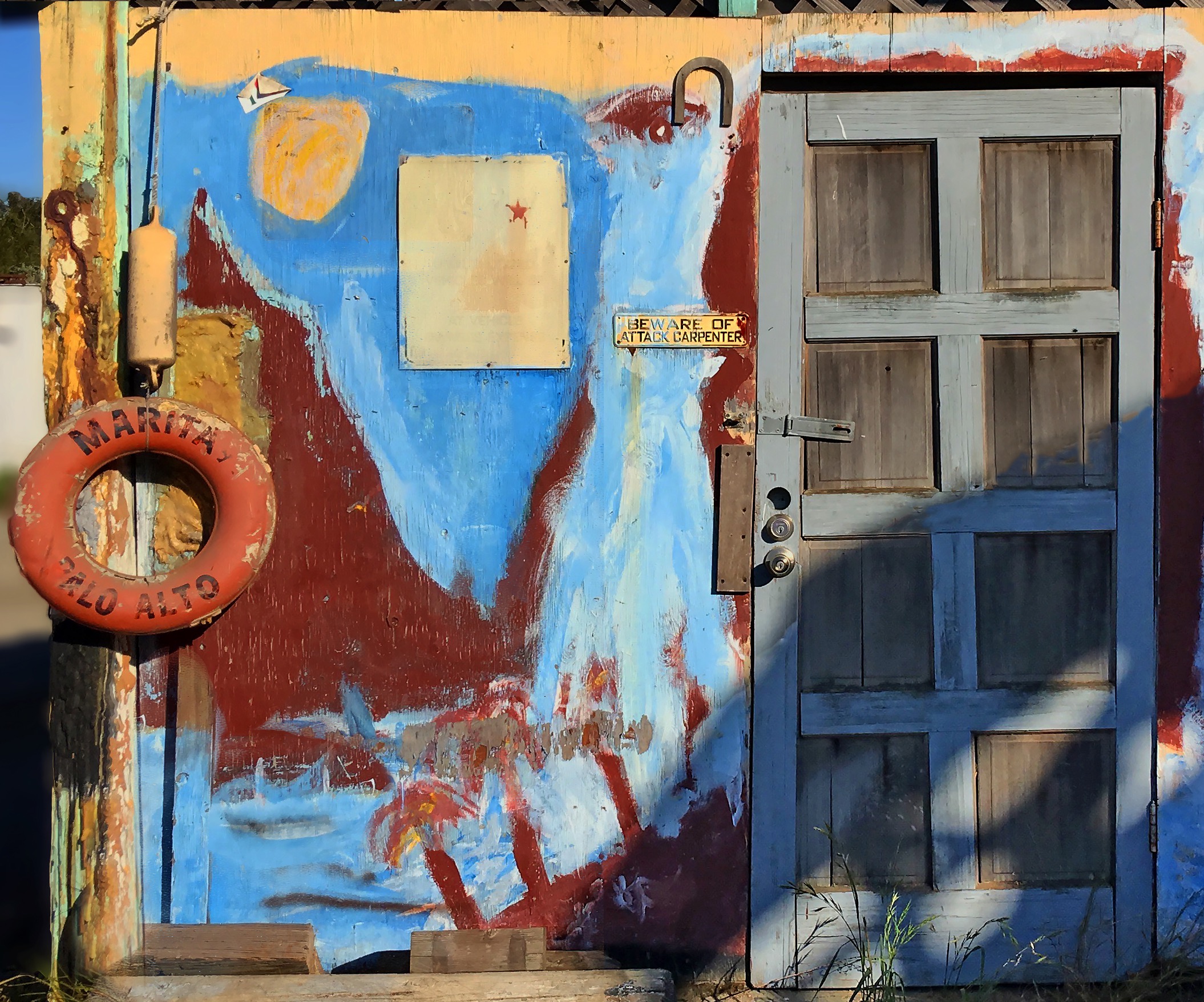Translated from The Original
from Exposition Review’s Flash 405 contest, Fall 2018
Anytime you translate, a little part of you goes into someone else’s creation. That’s the way it is. It’s like seeing faces in a plank of wood. Your eye catches the eyes, the set of a mouth, the shape of a head in a knotty 2×6 laid by an erstwhile carpenter. Sometimes you wish you didn’t see faces. You can’t help it.
It’s part of your shape,
the way you look at the world,
and the way the world looks at you.
You find the Original Portable Tungesa Dictionary in Darko’s Antiques on Main, the place that’s never open, but is today, and though you don’t speak Tungesa, and even your spellcheck wants to auto-correct it into something that trades more in its orbit, you have to have this book. You are the only one inside the store. A basket near the register sports a note: please leave a contribution, we’re trying out the honor system today.
And you think, it’ll be my honor.
You only have a twenty and the book costs ten. Briefly you consider leaving nothing, or a note expressing your thanks, knowing there was a time when you would have walked out with the dictionary, and whatever else you could carry, whether you needed it or not; especially if you needed it not. Because need wasn’t part of it. Well, maybe a small part. But need had little to do with the object you stole. Need ran deeper then, though then you didn’t budget for such thoughts.
Then was a long time ago. You were a person you barely remember—a forgotten echo that began way back when and comes booming back around at last, bouncing off deep canyon walls in a voice you don’t understand.
But the ageless face is there, sealed in memory, 4×6. So you leave the twenty in the basket and walk out with the Original Portable Tungesa Dictionary under your arm.
You return home, and discover a poem of markings on parchment tucked between yellowed pages, and you search the dictionary for the meaning of each stroke.
It’s a poem written by a hunter who has given up the hunt, given up all weapons, given up even the desire to hunt, apparently, but not the desire to discover…
And at the bottom of the page in script faintly familiar, you recognize two letters.
Initials.
And they
are yours.
~
gb
This Party's Just Getting Started
Three poems, one story, and coffee on the roof with Phyll, this parrty’s just getting started
and because I just can’t help it sometimes ~
Surgical Procedure In The Studio
Aboard my friend Jim's houseboat, Box Poem where the line between his living room and his studio is left up to the imagination
Seagrazing
A look out my back door. Or is it my front? Of this I've never been sure. A houseboat or floating home? A pier or a dock? Canal or channel? I ponder these decisions over coffee, these choices we can make. Definitions decided upon by somewhat else, accepted or not. I've reached a place where I'm comfortable with my own choices. The other day my horoscope said when the flower withers we sometimes mourn, but the end of the flower makes way for the fruit. There's metaphor there, one I choose to accept, as I sip my coffee and gaze upon the water and its fluid reflections.
Remnants of The Resistance
From the deck of our houseboat one can see the remains of Billy's tugboat that was sunk in the middle of Arquez Canal during the houseboat wars, as part of the resistance against the developers who wanted to build docks, commercialize the waterfront, and boot out the anchor-outs for the high rent crowd. This is the story our friend Stephen tells us, an anchor-out himself since the early 70's. Compromise was reached. The docks were built. But the anchor-outs were allowed to stay and some still call the anchorage their home where they live off the grid in the waters of Richardson Bay, with unparalleled views of the City, unfettered views of life. But at low tide, one still sees the remnants of that resistance long ago from the ringside seat of our houseboat, the Dandelion, where we now float.
Double Barrel Muse
One cat’s on my shoulder,
the other one's in my lap
coffee in one hand pilot
pen in the other and the
notepad of thick line-less
paper with purchase rests
on the narrow arm of the
leather chair — all of us
ready for take-off.
Breakfast At The Low Tide Cafe
It was an extraordinary morning ~
Apprenticeship Of A Lifetime
Recovery
It’s where his best stories arrived without fail, in the shower with warm water running down his back. Later, pencil sharp, notebook open, squeaky clean, he’d chew on the pink eraser and try to remember. The muse just laughed. That’s how he learned the best stories never make the page. (Previously published in 50-Word Stories)



























